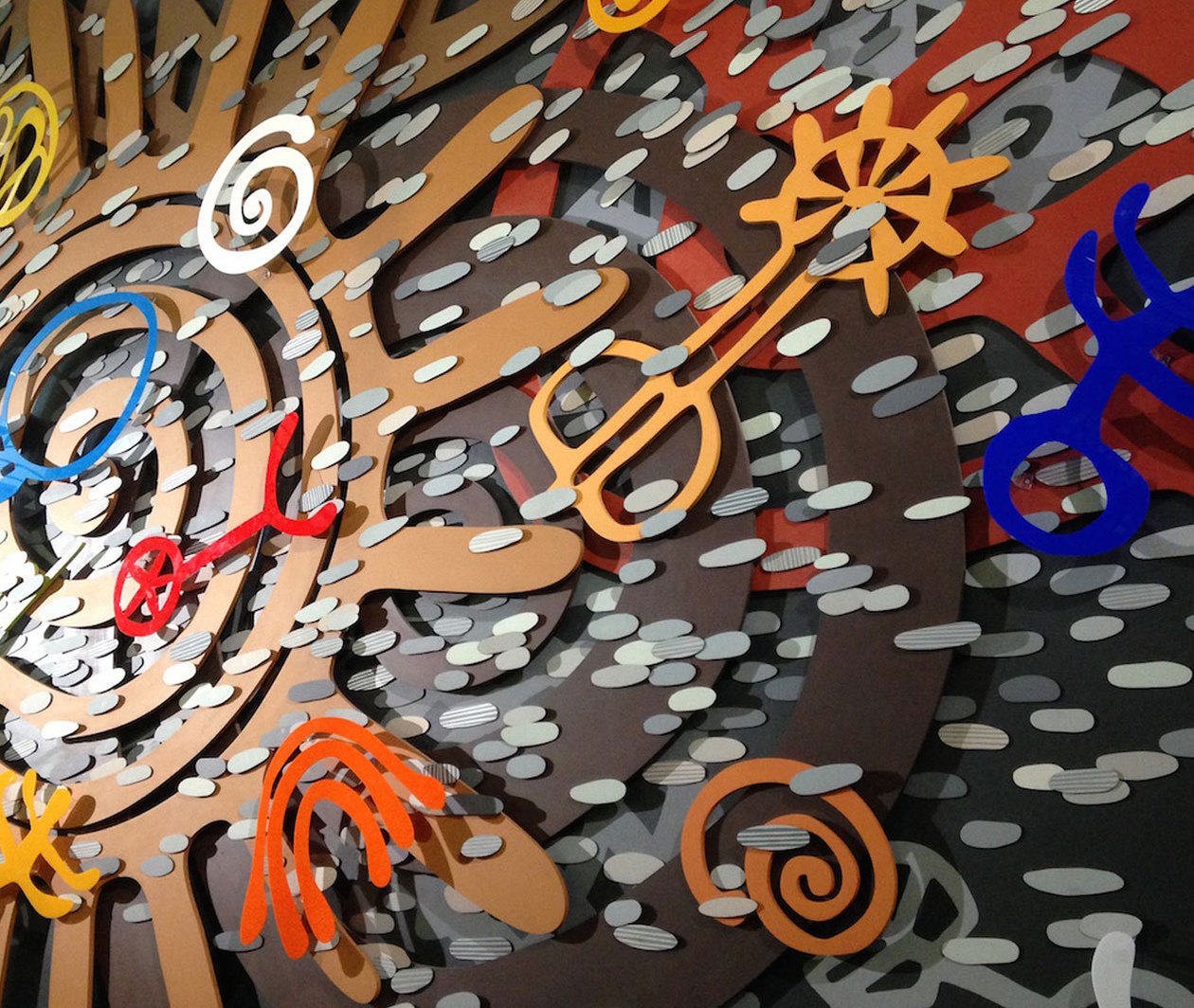Explore the most pertinent scientific and philosophical concepts for understanding our own minds with this free online course

Duration
6 weeksWeekly study
3 hours
What is a Mind?
Other courses you might like
This course isn't running right now. We can email you when it starts again, or check out these other courses you might like.
Browse more in Psychology & Mental Health
This free online course will bring together learners and practitioners interested in how the mind works. It aims to build bridges between traditionally antagonistic approaches to understanding the mind.
What is a mind?
This question has perplexed philosophers, scientists, historians and ordinary people across time and cultures.
While advances in the medical understanding of how the brain functions can shed light on neurological functions and disorders, the essential question of what the mind is speaks to a different problem.
This problem cannot be answered by a purely scientific understanding of the brain, nor by a purely philosophical or psychological approach. Many disciplines have attempted to address the question, resulting in multiple and sometimes antithetical answers.
New understandings of the mind
On this course, Professor Mark Solms, Chair of Neuropsychology at the University of Cape Town, will adopt a multidisciplinary approach.
He will bring in perspectives from a range of disciplines, to explore four specific aspects of the mind- subjectivity, intentionality, consciousness and agency. Together, these will help us think about the fundamental questions: what it is to be a mind, why we have a mind and what it feels like to have a mind.
You can find out more in Professor Mark Solms’s posts for the FutureLearn blog: “What is a mind? One of the great mysteries of our time” and “Thinking and feeling: what’s the difference?”
What topics will you cover?
- Understanding the Mind
- Subjectivity
- Consciousness
- Intentionality and the Unconscious
- Agency
- Changing the Mind
Learning on this course
On every step of the course you can meet other learners, share your ideas and join in with active discussions in the comments.
What will you achieve?
By the end of the course, you‘ll be able to...
- Explore scientific and philosophical concepts for understanding our own minds.
- Discuss four aspects of the mind, namely subjectivity, intentionality, consciousness and agency.
- Reflect on what it is to be a mind, why we have a mind and what it feels like to have a mind.
Who is the course for?
This course is aimed at anyone with an interest in psychology and the mind. The course will also appeal to practitioners, students and researchers from a range of disciplines, whose work directly or indirectly looks at the mind and the brain. This includes, but is not limited to neuroscience, psychology, psychoanalysis, philosophy, psychiatry and neurology.
What do people say about this course?
"All my life I have wanted to do something that would really interest and excite me. I am now 82 and I found the course did both. Some people of my age and younger say that they do not mind dying now, they have enjoyed their lives and lived long enough. I feel the opposite, courses like this make me want to live longer and learn and experience more. The course was made very interesting. Prof. Solms made me think harder than I have ever thought before in order to understand the concepts and, later, to remember them and combine them to answer the quizzes and assignments. Anybody who does the course will owe him a debt of gratitude."
"Overall; outstanding. Well structured with good balance of video lecture, articles, quizes etc. Transcripts available to allow reading and listening simultaneously. Well presented in a lucid and entertaining manner. Nicely linked to further info. The best MOOC I have done by a very large margin and one I shall use as a benchmark for the subsequent ones. Thoroughly recommended."
Who will you learn with?
Chair of Neuropsychology at UCT, founder of Neuropsychoanalysis which encompasses the integration of psychoanalytic theories and modern neuroscience
Learning on FutureLearn
Your learning, your rules
- Courses are split into weeks, activities, and steps to help you keep track of your learning
- Learn through a mix of bite-sized videos, long- and short-form articles, audio, and practical activities
- Stay motivated by using the Progress page to keep track of your step completion and assessment scores
Join a global classroom
- Experience the power of social learning, and get inspired by an international network of learners
- Share ideas with your peers and course educators on every step of the course
- Join the conversation by reading, @ing, liking, bookmarking, and replying to comments from others
Map your progress
- As you work through the course, use notifications and the Progress page to guide your learning
- Whenever you’re ready, mark each step as complete, you’re in control
- Complete 90% of course steps and all of the assessments to earn your certificate
Want to know more about learning on FutureLearn? Using FutureLearn
Learner reviews
Learner reviews cannot be loaded due to your cookie settings. Please and refresh the page to view this content.
Get a taste of this course
Find out what this course is like by previewing some of the course steps before you join:
Do you know someone who'd love this course? Tell them about it...
You can use the hashtag #FLmind to talk about this course on social media.
